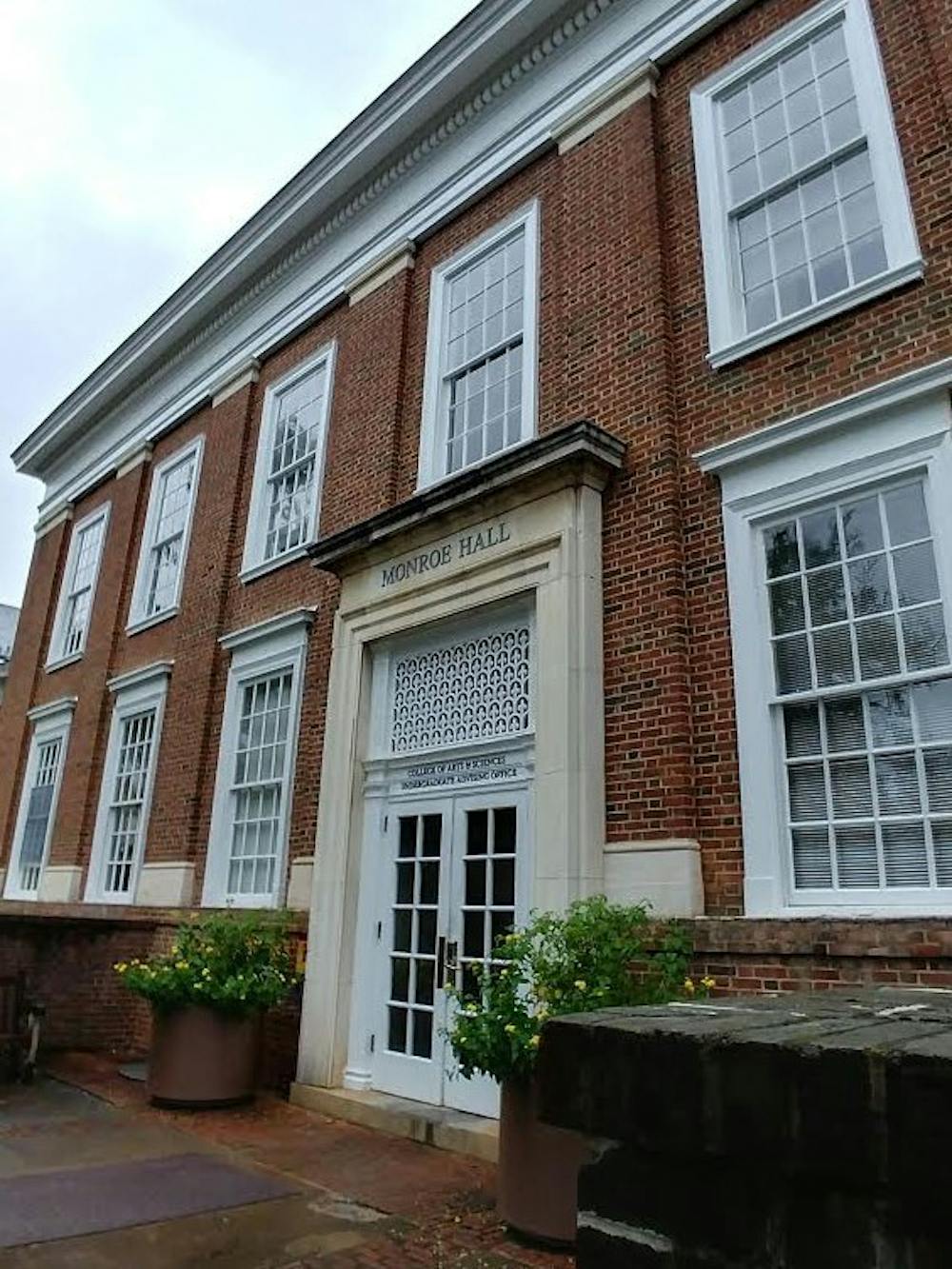This semester, the College of Arts and Sciences has expanded upon relatively new courses that step outside the traditional classroom by helping students find a major, discover the best ways to learn and prepare for their lives after school.
Classes denominated as “LASE” — for Liberal arts seminars — have been around since 2015 and usually focus on a real-world applications of a particular subject. The College began a new set of classes, entitled “Engaging the Liberal Arts,” in fall 2016 that hone in on skills that will help students succeed even before they graduate, including resume creation and leadership skills.
One ELA class, titled “Designing Your Professional Summer Experience,” helps students focus on finding and preparing for professional summer internships. While the class does utilize the resources at the Career Center, some students felt that they gained much more from the course than they could from a career center appointment.
“A trip to the Career Center can get you awesome advising, but it can't give you a class of 20 other students who also want to design their lives and give you more great advice or suggestions,” second-year College student Robert Larmore, who is taking the class, said in an email to The Cavalier Daily.
Second-year College student Phebe Martin, another student in the class, already had an internship planned for the summer. She said she found the class valuable nonetheless.
“This class turned me onto a lot of resources … that I wasn’t prepared to take advantage of or I didn’t know were available,” Martin said.
In another ELA class titled “Collect, Select, Reflect,” instructional designer Gail Hunger leads her students in the creation of an ePortfolio consisting of digitized documents, images, videos, audio files and other forms of online media. Their ePortfolios act as an “ultra-modern resume” and are meant to demonstrate a student’s skills and accomplishments.
While ELA classes are newer, more general and offered as non-College credit, LASE classes are taken mostly by third- and fourth-year students who already have post-graduation plans, but wish to be more prepared for their career.
One LASE class this semester was entitled “Science and Lived Experiences of Autism,” taught by Assoc. Psychology Prof. Vickram Jaswal. In the course, students take two semesters to examine research in many different fields of science while working with members of the autism community to create new questions that need to be researched and explored.
“This class is unique in the sense that we have an exchange; there’s a group of autistic adults in [Northern Virginia] who kind of do some of the readings for the course along with us and we ask for opinions on the real things… which is something outside of the classroom,” third-year Curry student Sydney Cadogan said.
Cadogan said that she gained several things from this class that you could not get from any other class at the University.
“Our projects are more going past the normal … to see how you can apply this to a real world situation,” Cadogan said. “I would recommend this to someone who wants to work with people in the sense that it definitely teaches you like a lot of different perspective taking and how even if someone isn’t exactly like you and that’s okay.”
Another LASE class titled “All Politics is Local” explores local politics in the Charlottesville area. Taught by Assoc. History Prof. Andrew Kahrl and Asst. History Prof. Sarah Milov, students spend two semesters working with community members to learn more about issues with voting rights, environmentalism and many more to understand the social, economic and environmental changes on the local level.
The course brought in community experts for guest lectures, including freelance journalist Jordy Yager and Charlottesville Tomorrow senior reporter Sean Tubbs.
“From those people, students emailed them and made connections with people whose expertise was in their subjects,” Milov said.
While some students came in with an idea that they wanted to explore, Milov expressed that many students found their own interests through the class itself.
“I think some students found an interest through the course that they didn’t know they had; for example, some students who are working on local housing issues,” Milov said.







